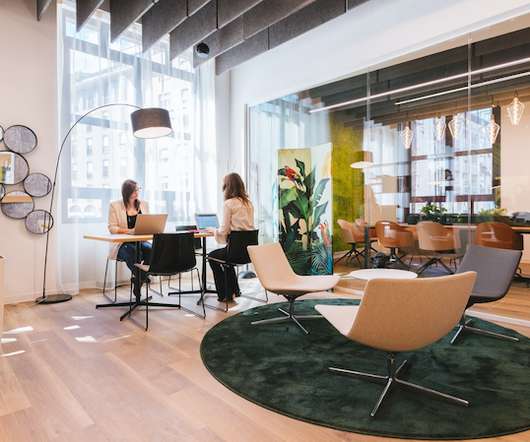The Best Coworking Spaces in Detroit for Your Hybrid Work Model
StartupNation
AUGUST 4, 2021
Coworking spaces support hybrid work models in a variety of ways. You’ll also often hear companies that started in coworking spaces praise the networking benefits of being in a shared space — team collaboration, events and close contact with people in other companies helps startups connect and grow.
















Let's personalize your content